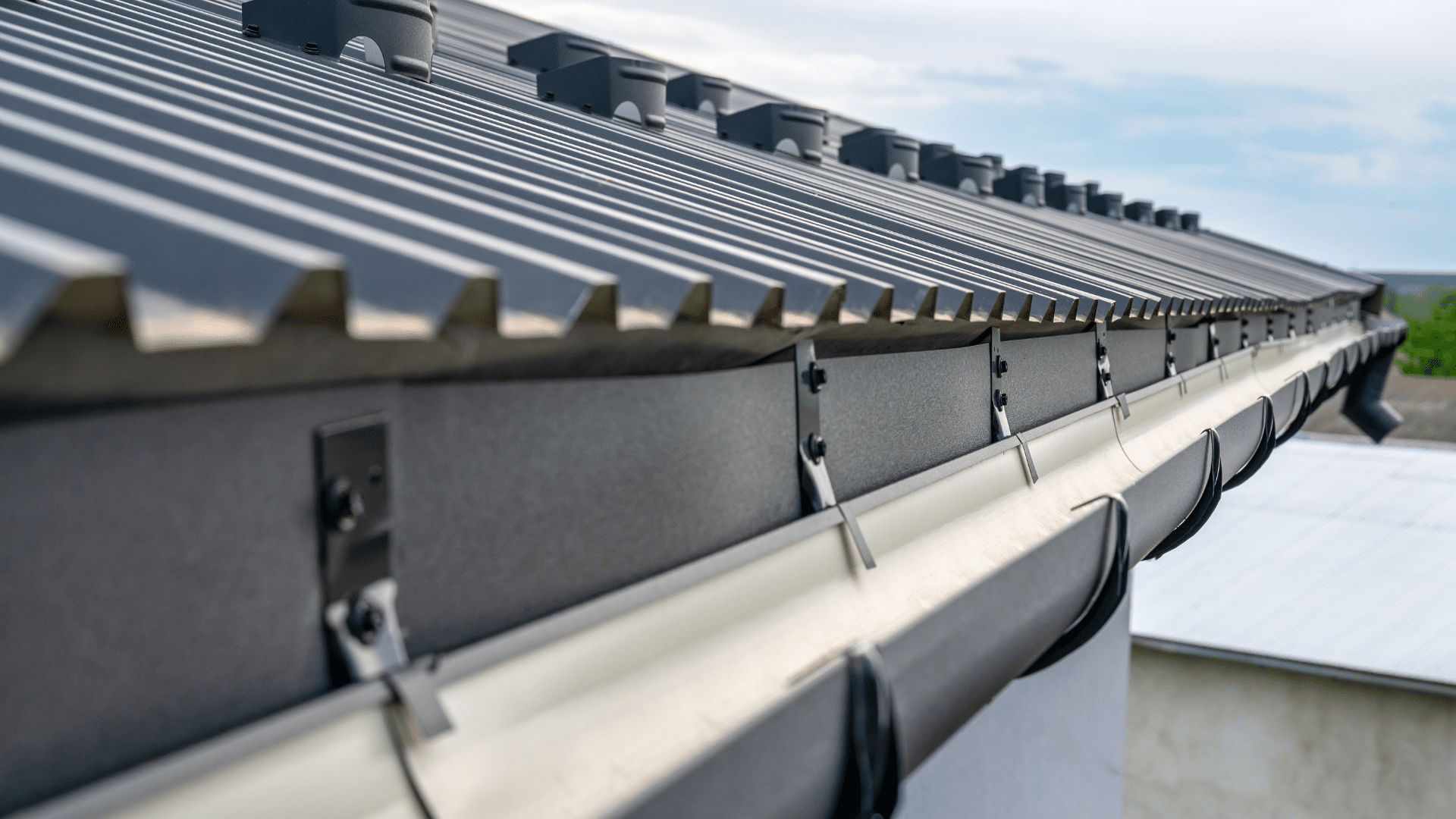Navigating the process of a roof repair insurance claim can seem overwhelming, but with the right knowledge, it doesn’t have to be. In this ultimate guide, we’ll break down the process, as well as cover some important variables to consider, providing you with the tools to confidently secure the best outcome for your home.
Step-by-Step Process
1. Understand Your Policy (Roof Repair Insurance Claim)
Before you can successfully navigate a roof repair insurance claim, it’s vital to understand your insurance policy. Know your deductible, what is covered, and any limitations or exclusions. Remember, not all damage may be covered.
2. Document the Damage
After a storm or incident that causes roof damage, take photos and make detailed notes of what you observe. This will be crucial when filing your roof repair insurance claim.
3. Contact Your Insurance Company
Reach out to your insurance company as soon as possible to inform them of the damage. They will guide you through the next steps and send an adjuster to inspect the damage.
4. Hire a Professional Roofing Contractor
A professional roofing contractor can provide a damage assessment and repair estimate, which can be useful when dealing with your insurance company. Choose a contractor experienced in working with insurance claims for the best outcome.
5. Meet with the Adjuster
The adjuster will inspect the damage to determine the compensation amount. It can be beneficial to have your roofing contractor present during this inspection to ensure all damage is accounted for.
6. Review the Estimate and Finalize Your Claim
Once the adjuster provides an estimate, review it carefully. If there are discrepancies, your roofing contractor can help negotiate. Once agreed upon, your insurance company will process the roof repair insurance claim.
7. Commence Repair Work
With your claim approved, you can now proceed with the necessary repairs. Make sure to keep all receipts and documentation in case of future claims or disputes.
Things to Consider
Disputing Your Claim
If you’re unsatisfied with your insurance company’s damage assessment or payout, remember that you have the right to dispute it. Engaging a public adjuster or attorney could be beneficial in these situations
Understanding Depreciation
Some insurance policies account for the depreciation of your roof, which means they might not cover the full cost of replacement. Understand how your insurance company calculates depreciation to avoid surprises.
Prevention is Better than Cure
Investing in regular roof maintenance can help prevent significant damage and expensive repairs in the future. Routine inspections can spot potential issues before they become major problems.
Understanding the Role of Roofing Warranties
Roofing warranties may cover some repair costs that your insurance doesn’t. It’s important to understand the terms of your roofing warranty as well as your insurance policy.
The Importance of Timely Filing
Filing your roof repair insurance claim in a timely manner is crucial. Most insurance policies have a specified time limit for filing claims after an incident, so don’t delay.
Understanding Replacement Cost vs. Actual Cash Value
When dealing with roof repair insurance claims, it’s crucial to understand the difference between replacement cost and actual cash value. Replacement cost covers the amount it would take to replace your roof with similar materials and workmanship, irrespective of depreciation. On the other hand, actual cash value factors in depreciation and only pays the value of the roof at the time of the loss.
Impact of Local Building Codes
Local building codes can have an impact on your roof repair insurance claim. If your roof doesn’t meet current building codes, you may be required to make additional updates during repairs, which may or may not be covered by your insurance.
Role of a Public Adjuster
If you’re having difficulties with your claim or disagree with the insurance company’s assessment, hiring a public adjuster could be beneficial. They can provide an independent evaluation and help you navigate the negotiation process.
Keeping a Claim Diary
Keeping a record of all communications and actions related to your claim can be incredibly helpful. This includes phone calls, emails, receipts, and inspection reports. Having this documentation can support your claim and make the process smoother.
Mitigating Further Damage
While you’re waiting for your claim to be processed and repairs to be made, it’s important to take steps to prevent further damage. This may include temporary repairs or protective measures, which should also be documented for your claim.
Importance of Patience
Roof repair insurance claims can take time to resolve. It’s important to be patient and persistent, and remember that rushing the process can lead to mistakes or oversights.
Insurance Company’s Preferred Contractors
Insurance companies often have a list of preferred contractors that they suggest you work with. However, you have the right to choose your contractor. It’s important to select one who is reputable and experienced in handling roof repair insurance claims.
Role of Mortgage Companies
If your home has a mortgage, the mortgage company may also be involved in the insurance claims process. They have an interest in ensuring the property is repaired and maintained, as it is their collateral for the loan.
Depreciating Deductibles
Some policies may include a depreciating deductible for roof repairs, particularly in areas prone to storms and natural disasters. This means your out-of-pocket costs could be lower the longer you’ve been insured with the company.
Considering a Second Opinion
If your roof repair insurance claim is denied or you receive a lower payout than expected, it can be worth getting a second opinion. A different adjuster or a professional roofing contractor may see damage that was overlooked or underestimated in the initial assessment.
Navigating Partial Damage Claims
If only part of your roof is damaged, your insurance company may only cover the repair of that section. It’s crucial to understand your policy and what it covers in these situations.
Potential Increase in Insurance Premiums
Filing a roof repair insurance claim could potentially lead to an increase in your insurance premiums. However, this can vary greatly depending on your individual policy and the nature of the claim.
Importance of Clear Communication
Throughout the claims process, maintaining clear and consistent communication with your insurance company, roofing contractor, and any other involved parties is key. This can help avoid misunderstandings and ensure everyone is on the same page.
Conclusion
Dealing with roof repair insurance claims can be a complex and daunting process, but it doesn’t have to be. By arming yourself with the right knowledge and resources, you can navigate the process confidently and effectively, ensuring your home receives the care and repair it deserves. Remember, every policy is different, so understanding your specific coverage is crucial. Don’t be afraid to ask questions, seek professional advice, and advocate for your home’s needs.




